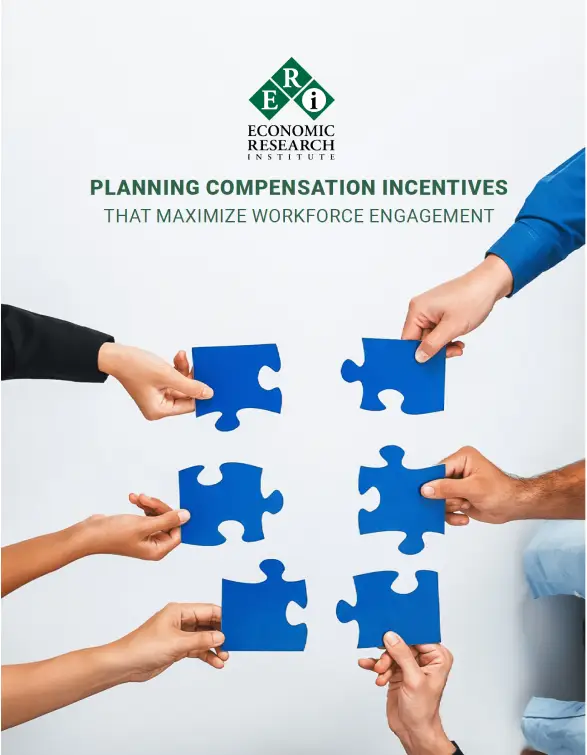Setting compensation in nonprofits is tough these days – you need to attract and retain the needed staff, managers, and executives, but work within a tight budget that may even be shrinking. And prepare to explain (and perhaps defend) your salary decisions when questioned by funders, donors, media, members of the public, and perhaps clients and staff members.
Typically salaries represent well over 50% of an organization’s budget, so compensation mistakes are costly. Nonprofits stand to lose valuable staff or waste scarce resources and even forfeit their credibility within their communities. Some basic concepts to keep in mind about nonprofit compensation:
• What you need to pay is dependent on the labor market for the job. For example, a nonprofit hospital seeking a CEO has to compete for talent with for-profit and government hospitals, and the search could be statewide, or nationwide. A small nonprofit providing after school programs looking for an Executive Director would value other human services experience in the same area. Typically, the smaller the size, the more local the search.
• Size of the organization is important for executive jobs. Compensation for management tends to rise with revenues/assets, whether nonprofit or for-profit. The logic is that the bigger the size, the more dollars, revenue, clients, etc., are affected by management decisions.
• For non-management jobs, what counts is years of experience, not size of organization. if a company doubles in size, the director of accounting (management) may get a raise, but a bookkeeper probably won’t – an additional bookkeeper will be hired to do the extra work. So pay for the lower level job tends to be based on the experience the job requires or the experience of the incumbent.
• For non-management jobs, specific nonprofit experience is necessary. When looking for a receptionist, the desired qualities are friendliness, good organizational skills, etc.—similar experience in a company or government agency would also be relevant.
Whatever the compensation decisions, nonprofits must follow the practices required by IRS – collect the appropriate data and use them to make defensible decisions that reflect the organization’s compensation philosophy. Nonprofit resources need to be spent right – enough for compensation to attract, retain, and motivate the staff, while leaving sufficient dollars to achieve the organizational mission. And that becomes even more challenging in difficult economic times.



